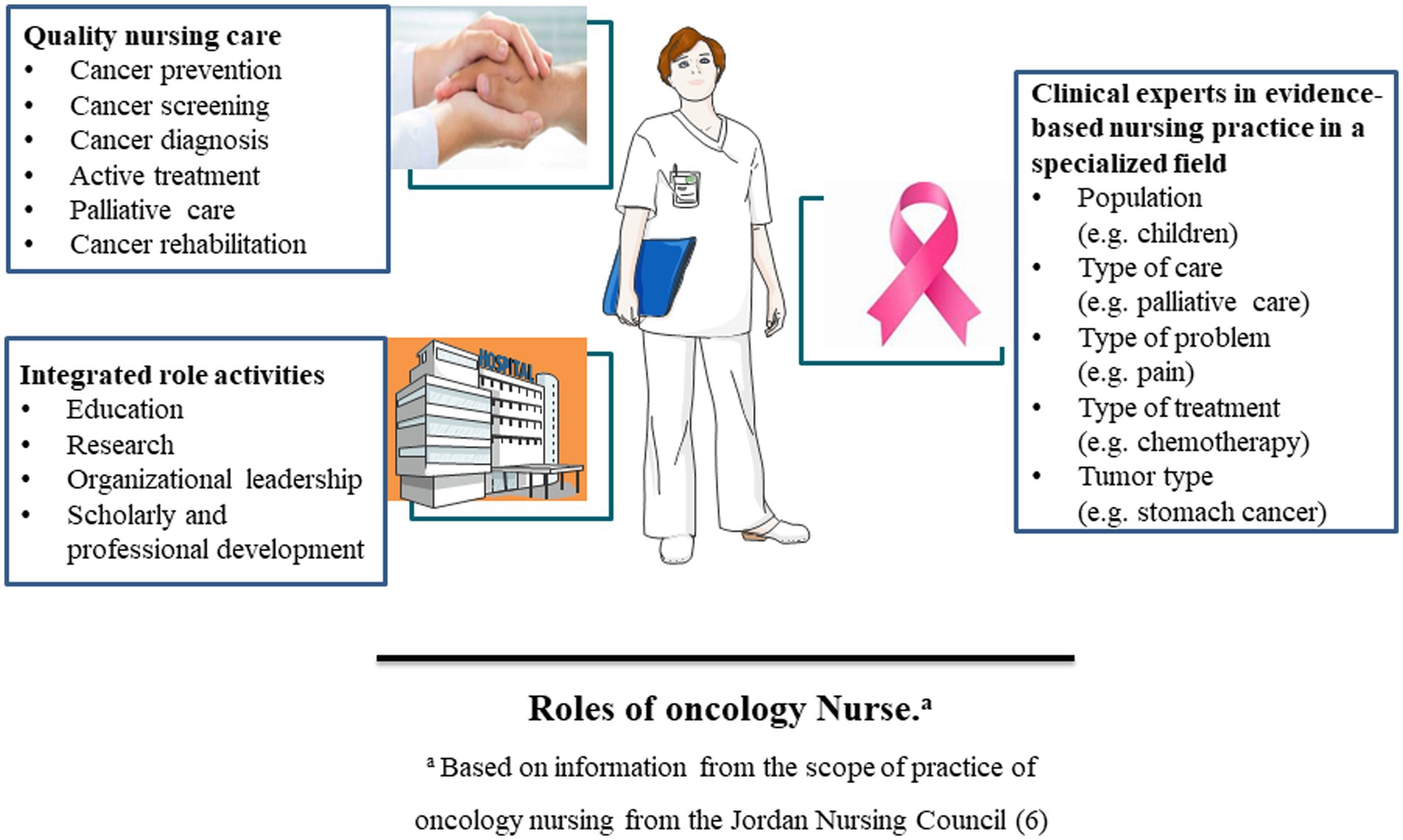Arogyajivan Medical Tourism For Oncology for Beginners
Arogyajivan Medical Tourism For Oncology Things To Know Before You Buy
Table of ContentsOur Arogyajivan Medical Tourism For Oncology IdeasSome Known Incorrect Statements About Arogyajivan Medical Tourism For Oncology Arogyajivan Medical Tourism For Oncology Fundamentals ExplainedAll About Arogyajivan Medical Tourism For OncologyThe Greatest Guide To Arogyajivan Medical Tourism For OncologyThe 7-Minute Rule for Arogyajivan Medical Tourism For OncologyTop Guidelines Of Arogyajivan Medical Tourism For Oncology
If you have cancer, your health care provider will certainly recommend several ways to treat the disease. One of the most common therapies are surgery, chemotherapy, and radiation. Various other options include targeted treatment, immunotherapy, laser, hormone treatment, and others. Right here is an introduction of the different treatments for cancer and exactly how they work.Cancer cells grow and separate faster than typical cells in the body. Since radiation is most harmful to swiftly expanding cells, radiation therapy problems cancer cells a lot more than typical cells. It utilizes materials made by the body or in a laboratory to help the immune system job harder or in an extra targeted way to deal with cancer cells.
Some have contaminants or radioactive substances connected to them. Immunotherapy is given by IV. Hormonal agent therapy is utilized to treat cancers cells that are fueled by hormonal agents, such as bust, prostate, and ovarian cancers. It uses surgery, or medications to stop or obstruct the body's all-natural hormonal agents. This assists slow down the growth of cancer cells.
The medicines are offered by shot or as tablets. Hyperthermia uses warm to damages and kill cancer cells without damaging typical cells. It might be utilized for: A tiny area of cells, such as a tumorParts of the body, such as an organ or limbThe whole body The heat is delivered from an equipment outside the body or via a needle or probe put in the tumor.Laser therapy makes use of a very slim, focused light beam of light to ruin cancer cells. Thin fibers at the end of television direct the light at the cancer cells. Lasers are also utilized on the skin. Lasers are most commonly used with other sorts of cancer treatment such as radiation and chemotherapy. In photodynamic treatment, a person obtains a shot of a medication that is sensitive to an unique type of light.
Rumored Buzz on Arogyajivan Medical Tourism For Oncology

An oncologist is a cancer physician. These health care companies focus on oncology the branch of medication that concentrates on diagnosing, staging and treating cancer. AdvertisementCleveland Facility Check This Out is a charitable scholastic medical center. Advertising on our website helps sustain our goal. We do not recommend non-Cleveland Facility product and services. A browse through to an oncologist gives you a chance to speak with an expert that comprehends what you're experiencing.
They're prepared to aid, and they'll walk with you every action of the way. An oncologist gets entailed if you have signs that could be cancer cells.
Arogyajivan Medical Tourism For Oncology Things To Know Before You Get This
Lots of cancers cells are a lot more treatable in the very early phases. Cancer cells is an intricate condition.
Radiation can reduce growths before surgery or eliminate continuing to be cancer cells after surgical treatment. You may have radiation as a stand-alone treatment or in mix with various other therapies.
Arogyajivan Medical Tourism For Oncology for Beginners
Do I have cancer cells? For how long have I had it? What will my life resemble now? If these are the inquiries racing with your mind, you're not the only one. Your oncologist is below to help you navigate these emotions. During your very first check out, your oncologist will certainly: Ask you to define your signs and symptoms in detailDo a physical evaluationEvaluation your medical documents, consisting of family members history and any past or existing health and wellness conditionsRun any kind of essential examinations (like imaging tests or lab job) to get more information regarding your symptomsDetermine whether you require a biopsyAs soon as your oncologist collects the details they need, they'll: Discuss the results of your testsSend their findings to the medical care service provider who referred youTell you whether you have cancer and if so, what kindTalk to you about different treatment optionsListen to your worries and anxietiesGive you resources that can use assistance and added informationYour initially oncology check out may use up to three hours.
Oncology is the research of cancer. The word originates from the Greek word for growth or mass. The medical area of oncology covers cancer cells research, risk and avoidance, diagnosis, therapy, and survivorship. Professionals educated in oncology offer look after individuals who go to danger for cancer, being treated for cancer, and dealing with cancer after therapy.

Some Ideas on Arogyajivan Medical Tourism For Oncology You Should Know
Some types of click now cancer cells occur most commonly in these younger age teams. When these kinds of cancer periodically occur in grownups, those adult people may choose to function with a pediatric oncologist.

Sometimes, a medical oncologist could be the initial specialist a patient sees. In some cases when cancer is believed but not diagnosed, an oncologist might also be included. Some people with blood conditions that may or may not be malignant may be referred to a hematologist oncologist. Numerous individuals will continue seeing their oncologist for follow-up appointments to look for signs of cancer returning and to manage any type of side impacts from treatment.
Not known Facts About Arogyajivan Medical Tourism For Oncology
If you have a cancer medical diagnosis and are evaluating your therapy alternatives, take into consideration taking part in a professional trial. They might seem frightening at initially, professional trials can be incredibly helpful no issue what kind or phase of cancer you have. Benjamin Levy, M.D., medical supervisor of the Johns Hopkins Kimmel Cancer Center at Sibley Memorial Medical facility and a lung cancer researcher, explains a few of the factors to join a scientific trial.